Lesbian Travel Stories: 12 Tips for Traveling as a Gay Couple & 9 Tips for Travel Agencies
Lesbian Travel Stories
You two are so close it’s like you’re sisters,” said Mohammed, our driver and guide. we looked at each other, a bit uncomfortable. As a lesbian couple traveling on a private tour in Jordan, we were a little uncomfortable. It was just us and Mohammed. He went on to say, “I know that you’re not sisters. But you’re so close. I don’t get it.”
Mohammed was fishing for something. And, while being gay is actually not illegal in Jordan, being gay is not culturally accepted.
Mohammed was friendly, but we weren’t going to take any chances alone in a car in rural Jordan.
Making Decisions while Traveling
One of our biggest traveling regrets was in the Sinai Desert in Egypt. The guide (not Mohammed) made us totally uncomfortable. We were supposed to go to the top of Mt. Sinai at daybreak with him. Reggie was unable to go due to her knees. I did not feel safe with the guide in the dark on the trip up the mountain and declined to go as well. It was probably the safest decision, but a deep disappointment.
On the other hand, I didn’t hesitate to climb the O Doinyo Lengai mountain in the middle of the night with a Masai guide in Tanzania.
In Morocco, our guide was concerned about our being “out” in a country where it is punishable by up to 3 years in prison. He didn’t want to tell the riads that two women were in the same room. Every place we went, he said we were staying with one of the men in the group and then switched the keys.

Meeting an Iman
In Penang, we met an Iman and had a wonderful conversation with him. He spoke about Islam being a religion of peace. We asked him about Islamic fundamentalism and he gave a reasoned response that was pretty liberal. In Malaysia, being LGBTQ+ is punishable by up to 20 years in prison. We did not ask directly about his position on LGBTQ+ issues. We should have and reget that we did not. After researching him online, we discovered his positions on the issue. We are still undecided about publishing this interview on our blog.
We have been very fortunate in our travels and have not have many serious incidents. We’ve actually had more experiences of homophobia in the US.
LGBTQ+ Rights Around the World
There are many countries that have laws that protect LGBTQ+ rights and 26 countries that have legalized gay marriage. In terms of protections written into the constitution, there are 5 countries that protect both sexual orientation and gender identity (Bolivia, Ecuador, Fiji, Malta and the UK). An additional 5 countries have constitutional protections for sexual identity—Mexico, New Zealand, Portugal, South Africa and Sweden.
There are 8 countries in which being LGBTQ+ could get you the death penalty—Iran, Sudan, Saudi Arabia, Yemen, Somalia (only the areas under Sharia Law) and Nigeria (only the areas under Sharia Law), Syria and Iraq. The death penalty is a possibility in Mauritania, Afghanistan, Pakistan, Qatar and the United Arab Emirates.
Mauritania’s Article 308 states: “Any adult Muslim man who commits an indecent act or an act against nature with an individual of his sex will face the penalty of death by public stoning.”Including the countries above, 76 Countries Have Anti-Gay Laws with punishments that range from up to life in prison to whippings to the death penalty. The torture and killing of gay men by Russian security forces in Chechnya (Russia) has been widely reported in the media.
Malaysia’s Penal Code states: “Whoever voluntarily commits carnal intercourse against the order of nature shall be punished with imprisonment for a term which may extend to twenty years, and shall also be liable to whipping.”Anti-sodomy laws are generally focused on gay men. While there are some countries that have specially singled out women—the Maldives, Yemen—many of the statues can be enforced on men, women and gender-nonconforming people. Lest you think this is only a problem in less developed countries, anti-gay violence is on the rise in many countries that have LGBTQ+ rights legislation, including the United States.
Tanzania’s penal code makes it illegal to have “carnal knowledge of any person against the order of nature.” Any person that violates section 154 may be imprisoned for not less than 20 years.Traveling as a Lesbian Couple
Over the past 20 years, we have travelled to more than 50 countries on 6 continents. We have been to 9 countries where being gay is illegal (Singapore, Indonesia, Malaysia, Sri Lanka, Egypt, Jordan, Kenya, Tanzania, Morocco) and many more countries where homophobia is rampant. Most of our travel is to rural and historical sites and many are very off-the-beaten track.
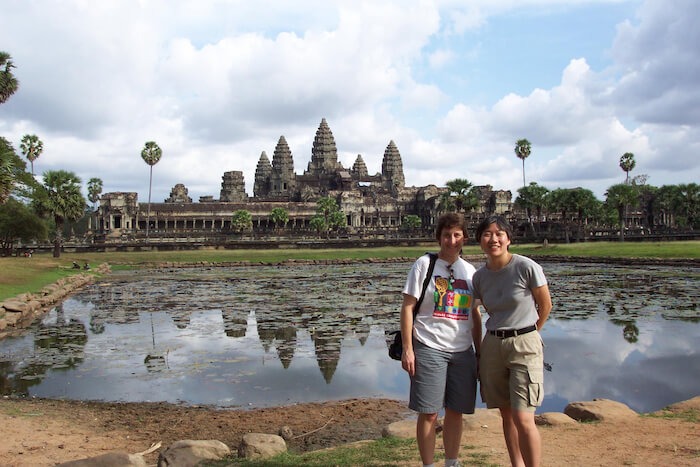
When we travel in countries where it is illegal to be gay, we are aware of that fact 24/7. We don’t dwell on it or talk a lot about it, but it’s there. All the time. It’s like mud seeping into our shoes. You know it’s there, but you accept it as reality.
We also make decisions about where we will and will not go. Russia has been on our list for a very long time, but we will not go there while they are torturing gay men and women in Chechnya. There are many other countries that we are on the fence about.
How to Stay Safe While Traveling
We are mindful of multiple issues when we travel—being a multi-racial couple, being two women, being gay—especially, in more politically conservative countries. At night, we take a cab or a Grab or Uber when we are going somewhere unfamiliar. And, we almost never do public displays of affection. And, mostly don’t reveal that we are gay, unless it is a very safe environment. In short, we usually decide to be “in the closet” when we travel in conservative countries.
If we go to a majority Muslim country in the Middle East or Africa, we usually join a group or do a private tour. We have travelled extensively through Asia, so we are comfortable traveling independently in Malaysia and Indonesia which are also majority Muslim countries.
This is not restricted to when we are traveling internationally. We have certainly experienced homophobia in New York, New Jersey and Pennsylvania where we live most of the year. Anti-LGBTQ+ experiences can happen anywhere in the world.
Hotel Check in: Are you sure You Want only One Bed?
One of the constants with gay travel is checking into hotels and being asked repeatedly “are you sure you want only one bed.” Even though we have explicitly booked one queen-sized bed, the front desk staff are clearly uncomfortable seeing two women checking in. Our male gay friends have to be even more careful about this issue if they are in a country that has anti-gay laws. It is not just an issue of being comfortable. It’s an issue of safety.
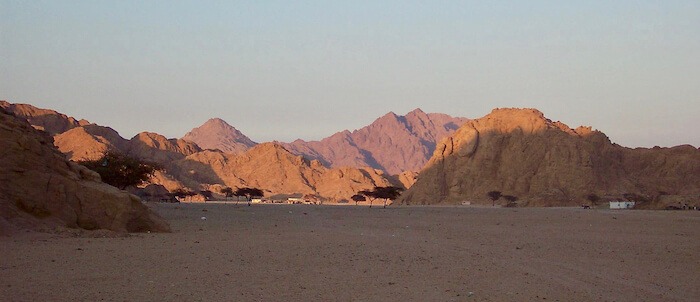
Then there’s the “Are you Married?” and “Where’s Your Boyfriend?” questions. Now in our mid-late 50s, we don’t get that question as often as when we were younger. Usually, this was asked by a man and if the answer was no husband/boyfriend, then they generally asked for a drink/date. If it was a safe place, we would tell them we were a couple. Most often, it was not a safe place to say that we were gay. Some people advised us to lie and say that we had boyfriend/husband back home, but we could never make ourselves do that.
Assumptions Made by Travel Professionals
There are many types of LGBTQ+ travelers. Some do tours, some focus on gay events or gay/lesbian cruises. Others like luxury. Some do budget travel. We mainly travel independently, but occasionally will join a tour or group or do a day tour to somewhere hard to get to. We did a gay tour of Cuba but most of our tours are not gay-focused.
In our experience, most organized tours have been fairly obtuse about the fact that they might have LGBTQ+ travelers. One exception was Morocco where our tour guide was open to the conversation. He was from the US.
We have always tried to use local tour companies based in the country that we are traveling. For the Egypt/Jordan trip, we used a local company from Cairo. All of our guides were local men, and most were excellent in terms of historical and local knowledge. For us, the quality of the guide is most important when we travel.
We traveled with another gay couple on a recent Halong Bay cruise. Since they were men and we were women, the staff assumed for the entire three days that we were heterosexual couples even though the men were in one room and we were in the other. At every meal, we had to correct the bill with the same waiters. We laughed about it, but it became rather annoying after the 6th meal. And, Vietnam is a very gay-friendly country. The staff was just not used to seeing this configuration.
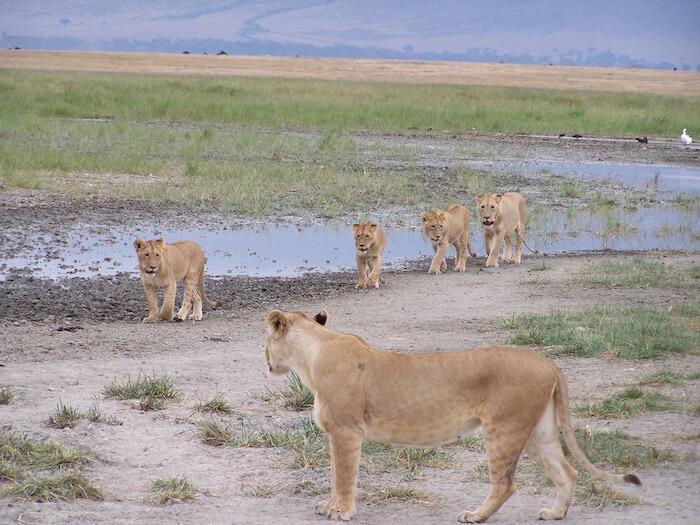
Customs and Immigration Issues
We are citizens of two different countries. Sue is from the US and Reggie is a Singapore citizen and a permanent resident in the US. We are not able to enter the US as a family. Sue often waited a long time for Reggie to make it through customs. The shoe is on the other foot when we go to Singapore. Since Singapore does not recognize our marriage, Sue cannot get a visa for more than 90 days or a green card in Singapore. If Reggie didn’t have a green card in the US, we would have to find a third country that would give us both long term visas since Sue can’t live in Singapore. As a straight married couple, we wouldn’t have this potential problem.
Singapore is not the only country that doesn’t recognize our marriage. We are constantly navigating the different visa requirements for Singapore citizens and US citizens.
Finding Gay Communities When We Travel
One of the upsides to traveling as a gay couple is finding the LGBTQ+ community. We look for a lesbian bar or try in some ways to connect to the community. The Lesbian Blog and Travel Website is a good resource for researching destinations. In Cuba and met with many LGBTQ+ leaders in the country. We went to a drag show, met the first married lesbian couple in the country and had intimate conversations about being gay and lesbian in Cuba. In Penang, we searched for a lesbian bar only to find it closed. In Hong Kong, we found a lesbian bar and had a fun night of darts. There is an emerging gay rights movement in Singapore called Pink Dot. The government has decided that only Singaporeans and resident aliens can go to Pink Dot—Sue is not allowed to attend. Some places, it is not possible to find an open gay community. Other places, it easier to find the men’s bars and the women are more hidden.
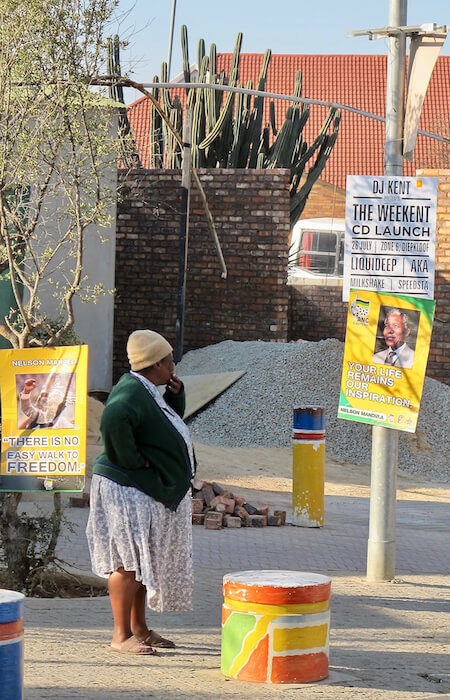
Creating New Possibilities
Sue took her first trip out of the country in 1985 when she was 24. She went as part of a gay and lesbian group to help build a school in Nicaragua. We were the first openly gay group to go down to Nicaragua. It was 6 years after the revolution and Nicaragua needed help. The US was secretly and illegally funding the Contras attacking the Nicaraguan government.
Many groups were going from the US to support the countries in Central America. Unfortunately, the Central America Solidarity Movement declined to support our effort because we wanted to go as an openly gay group. They said that the Nicaraguans were not ready for an openly gay group. We self-funded our trip by going to the LGBTQ+ community, teaching them why they needed to support Nicaragua. This was in the midst of the AIDS epidemic when thousands of young men were dying and many people said that LGBTQ+ community should only focus on gay issues. Fortunately, many people figured out a way to do both.
Conversations in Nicaragua
In Nicaragua, we met many women and gay activists. We heard terrible stories about anti-gay attacks and challenges. At the same time, we were welcomed with open arms by the Nicaraguans at the rural school where we were based. They knew we were LGBTQ+. They’d never met a gay person before us. And they knew that we were there to support them.
And across languages and different histories, we created something very special together. The trip to Nicaragua taught me about possibilities and how travel could create new ways of connecting and seeing the world. That’s what we hope to use this post to do.
Tips for Lesbian and Gay Travelers
1. Research the laws in the country that you are visiting. You are subject to their laws while you are there. If it is one of the 76 countries with anti-gay legislation, decide how “out” you are going to be. If you don’t feel you can be comfortable and enjoy being in the country, don’t go.
2. Don’t mistake legality for acceptance. Just because there are no anti-LGBTQ+ laws doesn’t mean that it is culturally accepted. In NYC, hate crimes have increased significantly, so we don’t have to travel to know this is the case.
3. At the same time, just because a country has some harsh laws on the books, don’t assume that everyone in the country agrees. You’ll find wonderful allies if you approach it sensitively and carefully.
4. As a woman, you should have an understanding of the culture of gender in the place that you are traveling. In some countries, women are expected to be dressed in a certain way. Be respectful of the expectations wherever you’re traveling even if you do not agree with them. If you are really not comfortable, then don’t go.
5. Research the LGBTQ+ community—bars, cafes, bookstores, meet ups and other events. Find out if there are gay or gay-friendly spaces.
6. Leave a copy of your itinerary and documents with multiple people and on more than one online location that you or a friend can access in an emergency. You can also use Facebook and other social media as a way of showing exactly where you are going.
7. Decide in advance how you are going to handle questions that relate to your sexuality.
8. Plan out your evenings. Find out if there is Grab/Uber or another ride. Download the aps to your phone and set them up ahead of time.
9. If you are traveling as a couple, decide before the trip how you are going to handle different situations, PDAs, questions at hotel check ins and other things that come up. It’s most important to have these conversations ahead of time and to communicate with each other.
10. If going out at night, you’ll want to make sure that you are safe and in sync with each other. Don’t make assumptions that you are on the same page. If you are traveling solo, make sure to do it safely and in a group if possible.
11. Buy a local SIM card or have a Pocket WiFi (for more on Pocket WiFis, see our Product Review: The Best Pocket WiFis) so you can connect and reach people wherever you are. Know how to make an international phone call to your emergency contact at home, the police, tour operator, airline and others.
12. Be careful about using dating apps. They can be used for entrapment by the police.
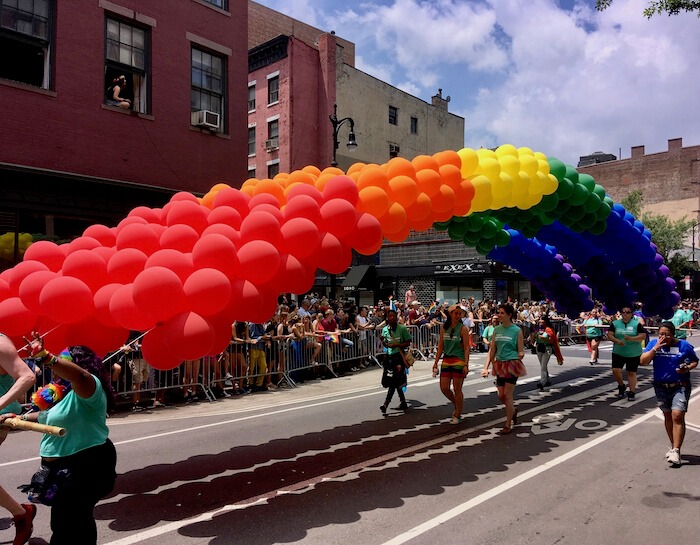
9 Tips for Tour Companies
According to the International Gay and Lesbian Travel Association (IGLTA), the LGBTQ+ community in the US spends $100B a year on travel. Add the rest of the world to that and you have a huge market.
1. The first thing you need to know is that we are all different. Some of us travel exclusively with gay companies, gay tours, gay cruises. Just as many of us do not. We like beaches, history, culture, adventure and every other thing under the sun. We are as different as every other kind of traveler that you serve.
2. You don’t have to be LGBTQ+ in order to be LGBTQ+-friendly. You don’t have to know the latest politically correct terminology to be LGBTQ+-friendly. Being open and not making assumptions is key. For the record: LBGTQ+ is Lesbian, Gay, Bi-sexual, Transgendered, Queer+. There is even more inclusive terminology, but you can start with this one.
3. While we just said that LGBTQ+ travelers are just like any other traveler, we’re also different. There are particular issues for us. Get to know which countries are LGBTQ+ friendly and which are not. Understand the places that you are recommending and the safety situation in the country.
4. When booking hotels for LGBTQ+ couples, make sure to find out if they want a one bed in the room. Hotel staff are often challenged by this and you can make sure that your travelers have a good experience by making it clear to the hotel beforehand.
5. Check in with your travelers while they are on the trip. You may be in a better position to advocate for them than they are.
6. Join IGLTA. They have excellent resources and your membership will signal to your travelers that you are gay-friendly.
7. Ask your clients if they prefer a gay-owned or gay-friendly hotel or businesses. Hire LGBTQ+ tour companies, guides and services. Word will get out that you are LGBTQ+ friendly.
8. Solicit feedback from your LGBTQ+ clients. Find out how you can improve your efforts.
9. Have a booth at Gay Pride and support gay-owned businesses, advertise in LGBTQ+ newspapers, magazines and websites.
The 50th Anniversary of the Stonewall Rebellion is in June 2019. Come Celebrate World Pride in New York City this Year with these insider tips for Going to World Pride.
See our recent nomination for a Liebster Award.
For more on the Stonewall Riots and LGBTQ History:

Thoughts or Responses to this Post? Have more tips for LGBTQ+ travelers? Leave a Comment.
Please Pin and Share
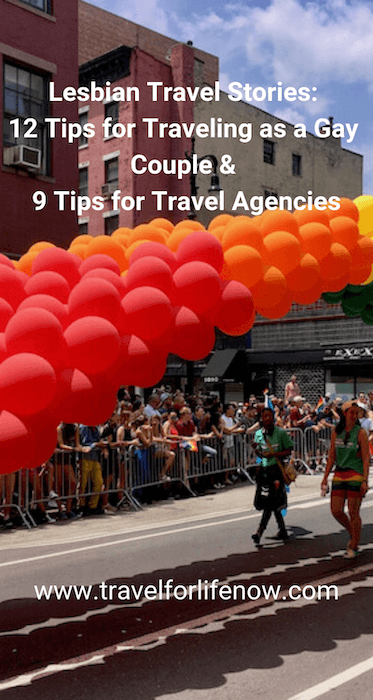
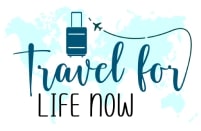
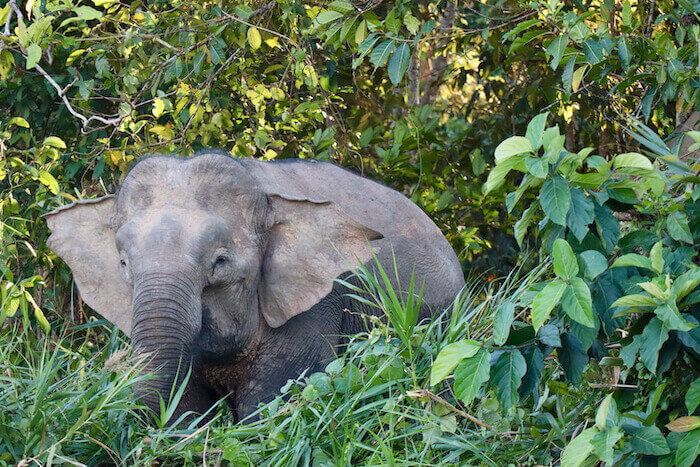
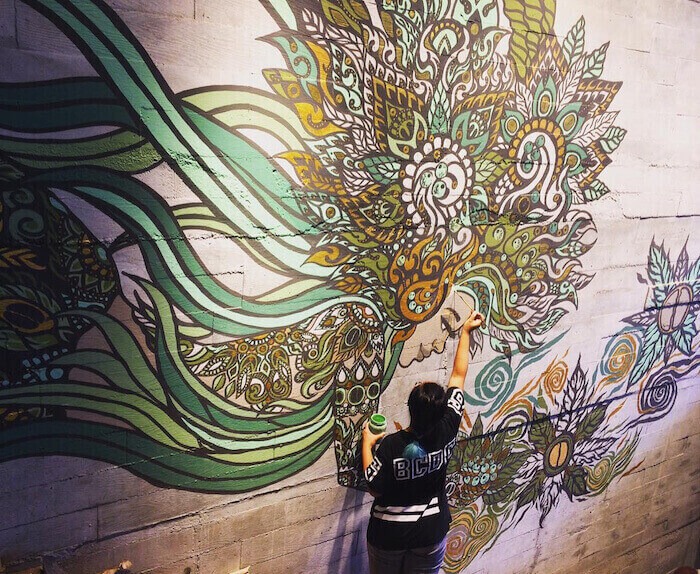
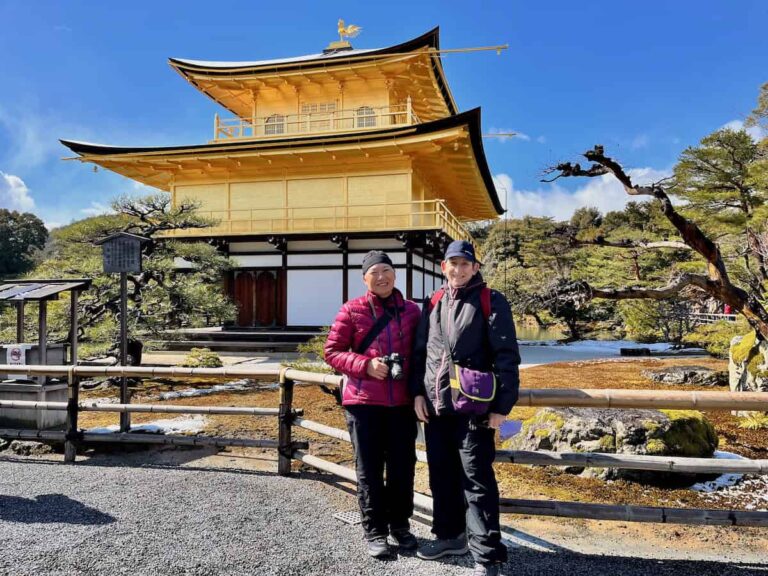
Great and informative post, raising awareness of the trials and tribulations traveling as a gay couple. There are so many things that heterosexual couples don’t have to think about and take for granted.
Alison-
Thanks for your comment. There are certainly challenges around the world.
Sue
Thank you for sharing this. There is so much I did not realize. Very informative about a subject I never considered.
This is really interesting. Thank you so much for sharing. It’s certainly opened my eyes to the additional considerations which I had never actually registered before. Travel as a woman brings its own set of challenges, as a gay couple I can see how this is magnified. Excellent read!
Sue-
Thanks for reading and commenting. There is so much unseen that happens. In the end, it’s about creating human connections between people across differences, challenges that is exciting.
Sue
It is so, so shocking that in 2019 there are still so many places where you could be killed just for being yourselves. I have visited some of those places and I did not even realize. My cis/straight privilege is showing(!)
Having said that, I feel the same way about Russia. I have always wanted to visit because of the history and architecture, but I just don’t feel comfortable with what is happening in Chechnya.
Josy-
Thanks for your comment. I agree-shocking. And, some many thing fly under the radar–racism, sexism, intolerance of all forms.
Sue
I’m so glad more and more bloggers are writing about these issues and bringing light to problems that LGBTQA+ travelers have all over the world. I wrote an article for the Gay and Lesbian Review about Sri Lanka’s archaic laws surrounding homosexuality and when I shared it, so many of my friends were in shock that there are still so many places where it’s just not inherently safe to be a gay traveler. I’m really glad this is being talked about more to increase awareness.
Leslie,
Thanks for reading and commenting. So glad that you wrote your article and that we are helping to shine a brighter light on these issues. I’ll look up your article.
Sue
What a fantastic, personal.post that discusses the realities of LBGTQ travel around the world..thank you for sharing this with me and informing me about this issue around the globe.
Kelly,
Thanks for reading and commenting. I’m glad that you found the post informative. I tried to shine a light on the experience.
Sue
What an excellent read, so thought provoking as others have commented, travelling as a woman can have its difficulties let alone as a gay couple. It is truly appalling that there are still so many countries where homosexuality is a crime. I am also quite shocked at how few countries actively have protection of sexual orientation in their constitutions.
Phoebe,
Thanks for reading and sharing your response. Very few countries have protections in the constitution, but more do have laws protecting LGBTQI . Though, laws are easier to change than constitutions. And it is appalling as you say.
Sue
An excellent, well informed and educational post. I appreciate the level of research you have undertaken to educate us and I applaud you on raising these issues. I hope that one day soon we can learn to just accept people for who they are without judgement of life choices, whether it be sexual orientation, religion, the colour of their skin, or their belief system.
This is such a refreshing post, thanks Sue for writing it. Here’s to safe travels for you and Reggie. X
P.S. We visited Saint Petersburg last August and if you ever get a chance I would recommend it. You can enter for 72 hours visa-free from Helsinki and stay on the cruise ship.
Ruth,
Yes. One day soon–a world with acceptance and without hate. That’s one I hope that we all can create together. Thanks for the idea on St Petersburg. And, for encouraging me on this post.
Sue
Thanks for sharing this article. It’s very informative and practical. I also am glad that you pointed out homophobia around the world, as I think it’s easy to scapegoat certain countries and regions as being these black holes of homophobia without addressing our own back home (and also the pro-LGBTQIA+ movements that are happening in these places as well!). I think this article is very fair in that respect.
I’m a bi/queer traveler and I mostly travel alone, so I have the “luxury” of not having to come out of the closet while traveling (though the flip side is that everyone just assumes I’m straight, which is incredibly frustrating!). I agree that coming out while traveling is very person and situation dependent. Luckily in the times when I have come out, it’s oftentimes led to really great and eye-opening conversations about views of queerness and LGBTQIA+ culture in different places around the world. And I definitely agree that finding other LGBTQIA+ folks abroad is key!
Anyway, thanks for sharing this thoughtful post!
Alissa,
Thanks for your thoughtful comments. And, yes I wanted to make sure that I shared that homophobia is everywhere, including the US, Europe and other places that seem more liberal. I agreed coming out while traveling is situational and personal.
Sue
Such an informative post. As a hetero person, these are things I never really think about when traveling. You really have to be cautious depending on where you are. I also like how you added tips for tour operators! It’s definitely important for travel professionals to be familiar with LGBTQ+ issues in the tourism industry!
Briana,
Thanks for reading and commenting. Glad that you found the tour operator tips important and that the post gave you food for thought.
Sue
Thanks for sharing a great article. Im not sure if it was me would I be able to travel to those countries who send people to jail just for being themselves. Or torture. I shudder and take my hat off (if I was wearing one to you both) I remember when my girlfriend and I visited Tasmania when it was illegal to be gay. We weren’t but they assumed we were and gave us single beds. Or when the 3 sisters – went on that trip to Europe back in 2016 and the other guests thought we were gay and talked about us behind our backs. Although enough got back to us. So narrow minded if you ask me. much love to you both xx
Wow, this is such an important post! Your Morocco guide sounds amazing, but it’s sad that he even had to do that. I also refuse to visit Russia on the same grounds as you. It’s hard because so many countries do things I don’t agree with, and where do you draw the line on where to boycott? But anywhere that my close friends would be murdered or tortured is umm, a good start. So glad you’ve shared your experiences and tips.
Thanks for sharing this post. So informative and important. Everyone should be aware of this issue.
Thanks Julie